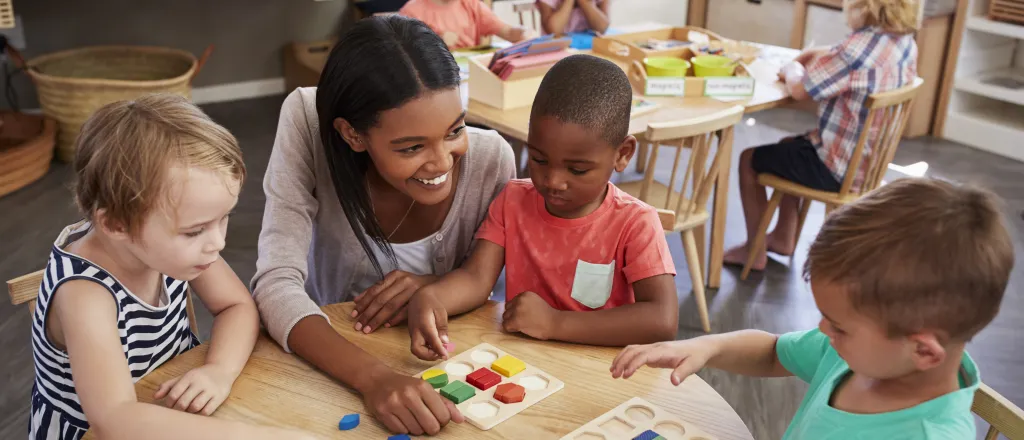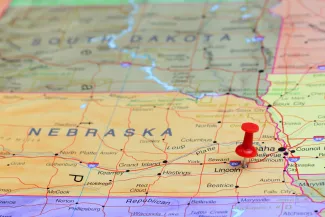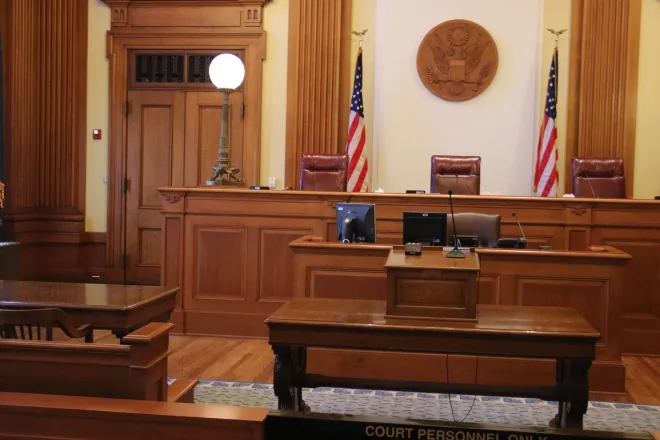
U.S. hits quarter-century mark focusing on kids 'aging out' of foster care
© monkeybusinessimages - iStock-684060608
Click play to listen to this article.
This month marks the 25th anniversary of a federal law designed to give states flexibility in helping older kids transition out of foster care.
States such as Nebraska have updated their programs, but advocates say services are still underutilized. In 1999, the U.S. government enacted a law that gives states money to carry out independent living programs for kids in foster care, soon to be adults. But the Annie E. Casey Foundation says fewer than half of those eligible receive services.
Hope Cooper, who leads the Journey to Success campaign to raise awareness of this issue, said these kids often face a steep climb at a key stage in life.

"They faced a lot of adversity in their early years," she said, "and we have the opportunity - and we really have to meet that opportunity - to provide some really targeted, additional supports to smooth that climb."
Nebraska's program, which is voluntary, saw more than 340 young adults participate in 2022. The Casey Foundation said only about one in four successfully completed it.
National advocates have urged state and federal lawmakers to do all they can to close gaps. This past year, Nebraska opted to include youths aging out of the juvenile justice system who lack any family support.
Cooper said a range of services under these state-level programs can help with things such as job training and housing stability. Beyond the federal law, she said other forms of support have emerged.
"We're trying to create more educational stability for young people during their junior high and high school years," she said, "and creating more supports for young people as they go and pursue higher-education opportunities."
On a broader scale, she said some "fine-tuning" is needed to implement these programs, to ensure they meet their potential. A number of states have also extended foster care to youths beyond age 18 to help with these transitions. Nebraska's independent living program serves 19- to-21-year-olds.

















